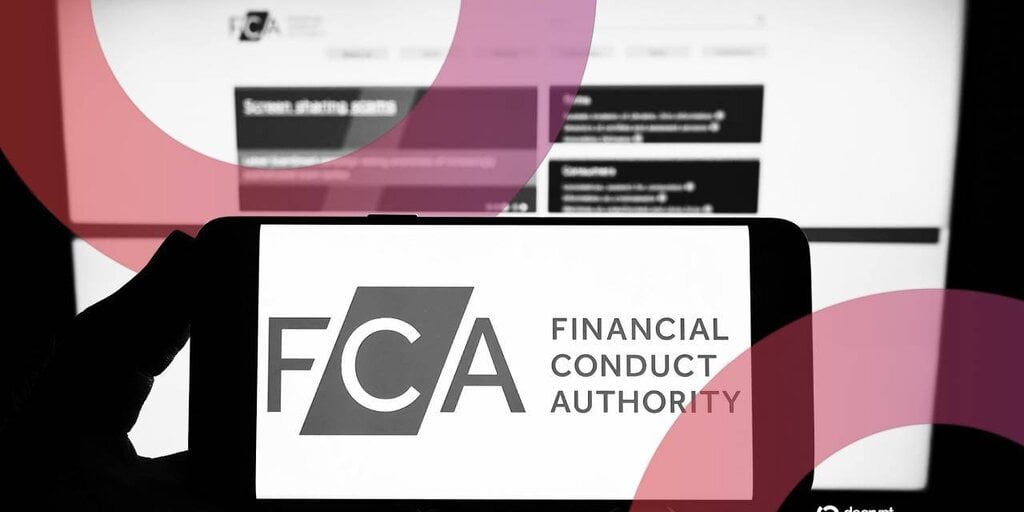
The UK Financial Conduct Authority (FCA) is taking another step towards regulating the burgeoning cryptocurrency sector by launching a consultation on minimum standards for crypto firms. The proposals aim to mirror the robust rules applied to traditional financial institutions while ensuring consumer protection, promoting innovation, and bolstering market competitiveness.
What Does the FCA’s Consultation Aim to Achieve?
As Britain strives to position itself as a hub for digital assets, the FCA’s consultation represents an effort to rebuild global competitiveness while maintaining control of a volatile and rapidly evolving industry. According to David Geale, the FCA’s Executive Director of Payments and Digital Finance, the new standards are about finding a balance between encouraging innovation and safeguarding market integrity. “Our proposals won’t remove the risks of investing in crypto, but they will help firms meet common standards so consumers have a better idea of what to expect,” said Geale.
A Proactive Approach to Regulating Cryptocurrency
The consultation has been met with mixed reactions. On one hand, it reflects a proactive step to regulate a sector that has been challenging worldwide. Key components of the framework include:
- Operational resilience requirements.
- System controls to combat financial crimes.
- Rules for managing customer complaints effectively.
The standards will extend the FCA’s oversight to include stablecoin issuance, custodial services for crypto assets, trading platforms, and staking activities. These measures promise a more comprehensive regulatory environment compared to the current focus on anti-financial crime and promotional activities surrounding crypto.
Challenges and Industry Feedback
Despite this, the FCA’s approach has sparked criticism from some corners of the industry. Notably, the Bank of England’s proposal to cap stablecoin ownership at £10,000-£20,000 for individuals and £10 million for businesses has drawn opposition. Critics, like Coinbase, argue such restrictions are overly stringent and could stifle innovation in the UK market.
Nevertheless, the FCA believes that maintaining stricter standards in areas such as cyberattack mitigation and unique risk management approaches for crypto is necessary to ensure stability and build trust within the industry.
UK’s Position in the Evolving Crypto Landscape
London, once considered a prospective hub for digital assets, has faced challenges as regions like Dubai, Singapore, and the U.S. outpace it with comprehensive regulatory frameworks. This consultation is part of a broader legislative push, with new rules expected to come into effect by 2026, as outlined in the April draft Statutory Instrument released by the Treasury.
Stay Informed on the Latest in Cryptocurrency
As the UK takes steps to regulate the digital asset space, nascent and experienced investors alike can stay informed and prepared with the right information. To start your journey toward understanding crypto better, consider exploring resources like the book “Cryptoassets: The Innovative Investor’s Guide to Bitcoin and Beyond”, available on Amazon.
Final Thoughts
The FCA’s initiative marks an important move as the UK works to strike a balance between innovation and sound regulation. By putting structures in place now, the country hopes to build a sustainable, competitive, and trusted crypto industry for the long term.





